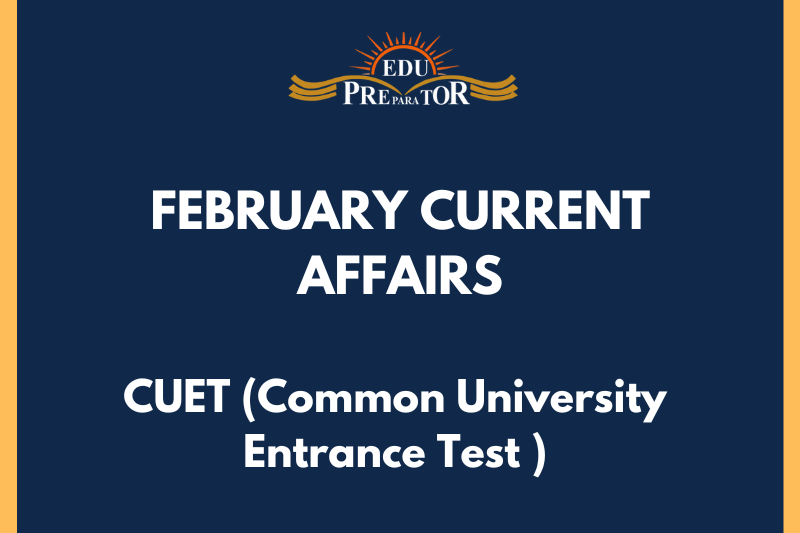
Internet Shutdowns in India - An Analysis
1: Prevalence and Causes
- Internet shutdowns have become a common practice in India, especially during times of conflict or tension. Majority of these shutdowns happened due to issues such as the Citizenship Amendment Act, the abrogation of Article 370, and other socio-political tensions.
- The aim behind these shutdowns is maintaining peace and preventing unrest, owing to the role of the internet in spreading misinformation and coordinating unlawful activities.
2: Legal Provisions Supporting Shutdowns
- Internet shutdowns were largely imposed under Section 144 of the Code of Criminal Procedure (CrPC) till 2017.
- In 2017, the Temporary Suspension of Telecom Services (Public Emergency or Public Safety) Rule 2017 was brought in giving official sanction to such shutdowns.
3: Arguments Supporting Internet Shutdowns
- The government contends that such shutdowns help in maintaining national security and preventing spread of misinformation.
- They argue that these measures are temporary, targeted, and crucial to control civil unrests, riots, or protests.
4: Counter Arguments Against Shutdowns
- Critics express concerns over the infringement on freedom of expression, disruptions in the economic activities, effect on the educational system, and healthcare services.
- They also highlight the potential harm to India’s global image, possible deterrent to foreign investments, violations of human rights, and lack of transparency.
5: Crucial Legal Verdict
- In the Anuradha Bhasin v. Union of India case (2020), the Supreme Court declared indefinite internet shutdowns as impermissible, stating that internet use is a fundamental right under Article 19 of the Indian Constitution.
- The court also emphasised that any shutdown orders should be subject to judicial scrutiny and be made public to ensure transparency.
6: Conclusion and Way Forward
- In a democracy, governments should provide justifications and ensure transparency for disrupting internet services.
- Indiscriminate shutdowns have high societal and economic costs and can often prove ineffective.
- Considering the proportionality and necessity of such actions is essential.
- For better internet governance, there is a need for a transparent and accountable system.
General Knowledge Part:
- Section 144 of CrPC gives the power to prevent unlawful gathering of people and abstain from certain activities in situations of unrest.
- Article 19 of the Indian Constitution guarantees all citizens the right to freedom of speech and expression.
- In case of Anuradha Bhasin v. Union of India (2020), the Supreme Court upheld the fundamental right to use the internet, emphasising on the need for transparency and judicial scrutiny in case of internet shutdowns.



Comments
Nam cursus tellus quis magna porta adipiscing. Donec et eros leo, non pellentesque arcu. Curabitur vitae mi enim, at vestibulum magna. Cum sociis natoque penatibus et magnis dis parturient montes, nascetur ridiculus mus. Sed sit amet sem a urna rutrumeger fringilla. Nam vel enim ipsum, et congue ante.
Cursus tellus quis magna porta adipiscin
View All